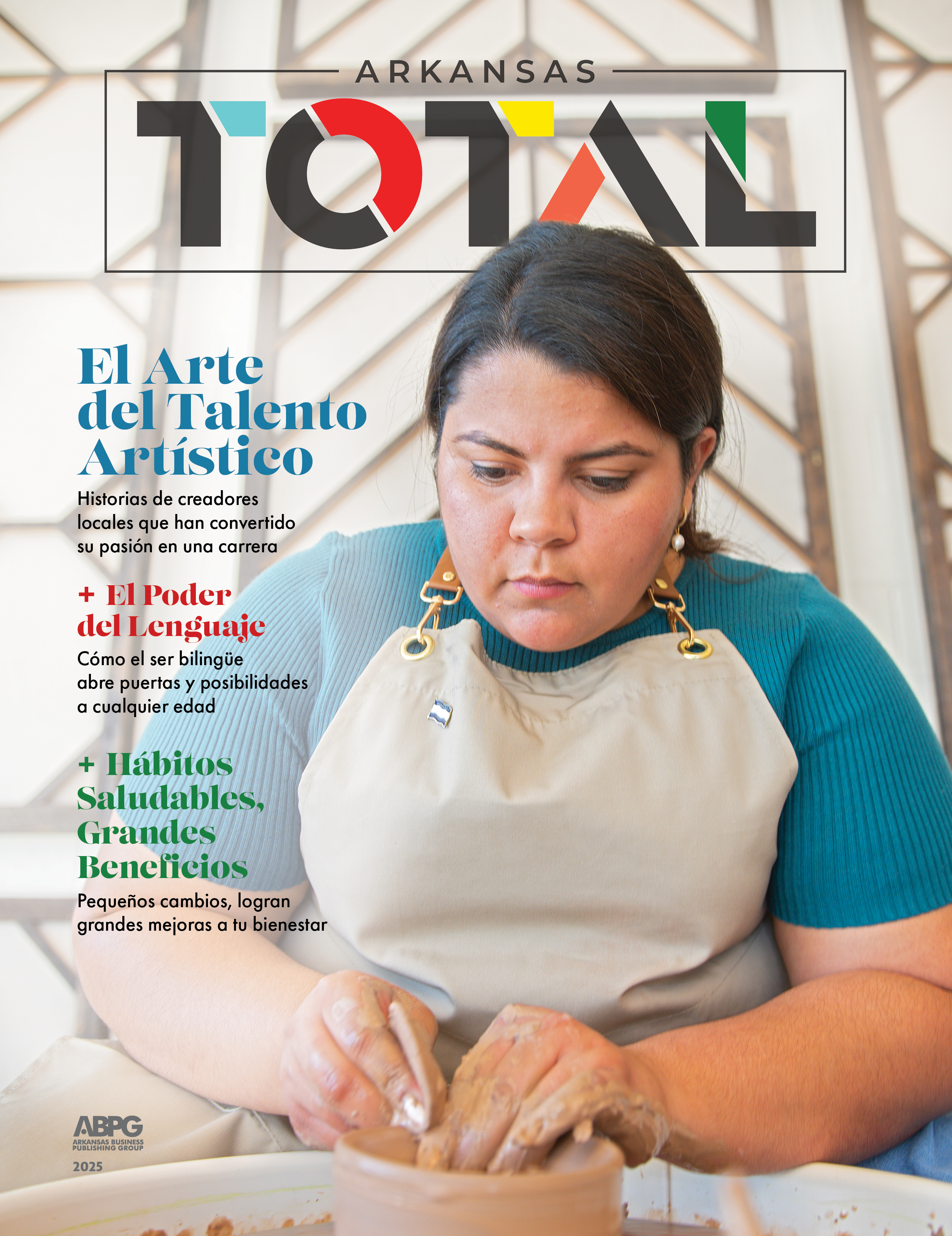Universities Looking for Ways to Engage Hispanic Students

También puedes leer este artículo en español, Las Universidades Buscan Minorías Busca Tú La Universidad.
Arkansas universities covet minority youth who excel in their high schools. One of them was a young Mexican named Rafael Arciga García who entered the University of Arkansas in Fayetteville as an undocumented student. Now he is Assistant Dean for Diversity Recruitment at that university.
“The office works on community events to attract students to the university,” he says.
Arciga is the product of support from the University of Arkansas, which has earmarked funds to attract students from families whose members have no college degrees, with low economic status, or from minorities, he says. They can ask for scholarships to study, and the universities have funds to offer them.
“We have a lot of scholarships for Arkansas high school graduates and for underrepresented groups at the university,” said Xóchitl Delgado Solórzano of the University of Arkansas Honors College and Dean for Diversity, Equity and Inclusion. “We offer them a four-year scholarship that we combine with any scholarship they receive from the university or with federal aid,” he said.
Delgado and Arciga agree that minority youth are often unaware of the requirements for applying to college and don't know how to fill out a financial aid application. Also, the costs of higher education discourage low-income students from applying for federal scholarships or loans, they said.
Also, in many cultures from the age of 18 a young person should help in the family economy. “They have to understand that higher education is an investment in the future,” Garcia says.
Both agreed that it is best to start the process in high school and know when the application and financial aid periods begin and end.
Another problem is supporting students so that they do not drop out of college. Delgado says there are strategies to retain students who are in honors programs because of their good grades. That includes statewide research to find out how many students come from families with food insecurity.
"If the family doesn't have food, the students might drop out to work and if they don't have enough food they won't be able to focus in class," said Delgado.
“The University of Arkansas has established a collaboration with the different universities and colleges to create the Center for Student Success,” says Garcia. “It helps students who don't want to talk to teachers; other students explain the classes to them, help them and make sure their writing makes sense,” he said.
In these programs “we offer them mentorship to make sure they can graduate and be ready to be successful with whatever they want to do after college,” Delgado said. The plan also teaches how to transition from high school to college, and that includes how to seek mentorship, manage finances, and fill out forms to start work, among other things, she said.

